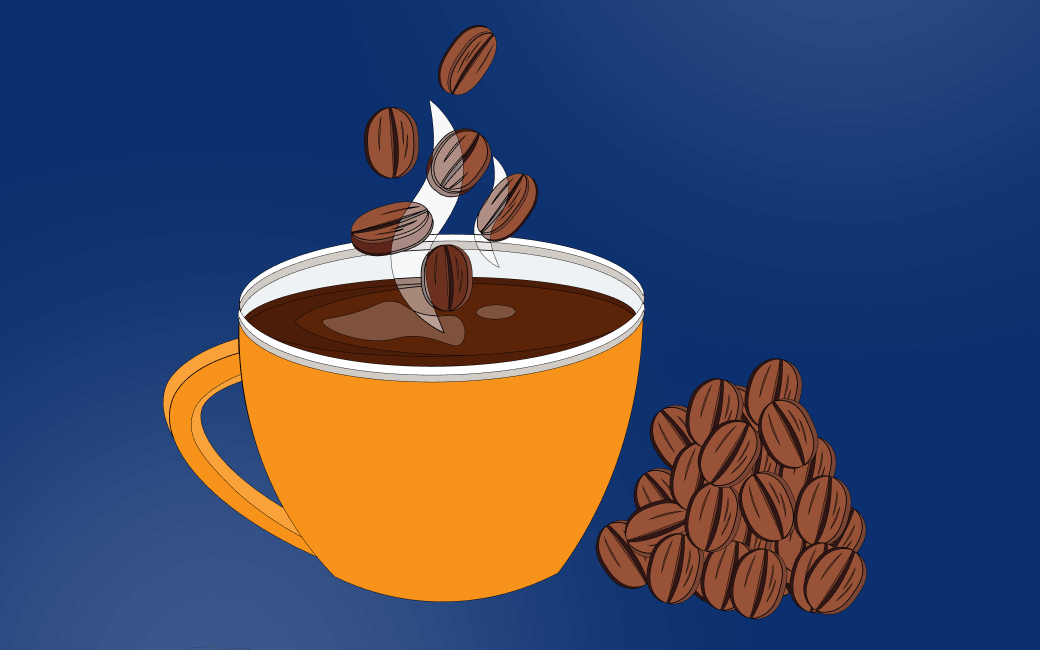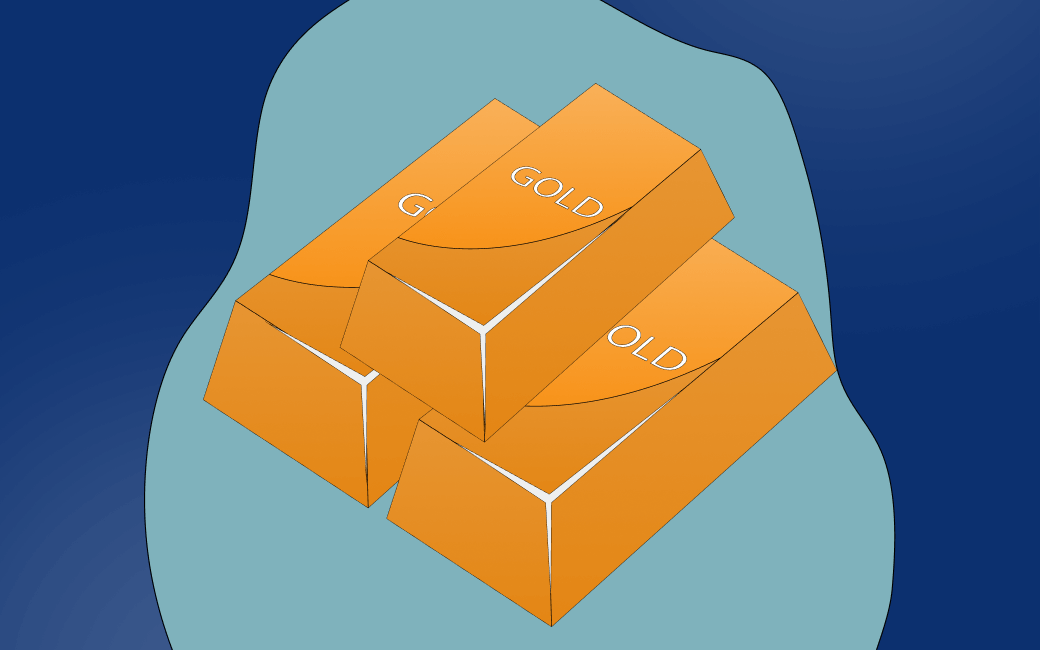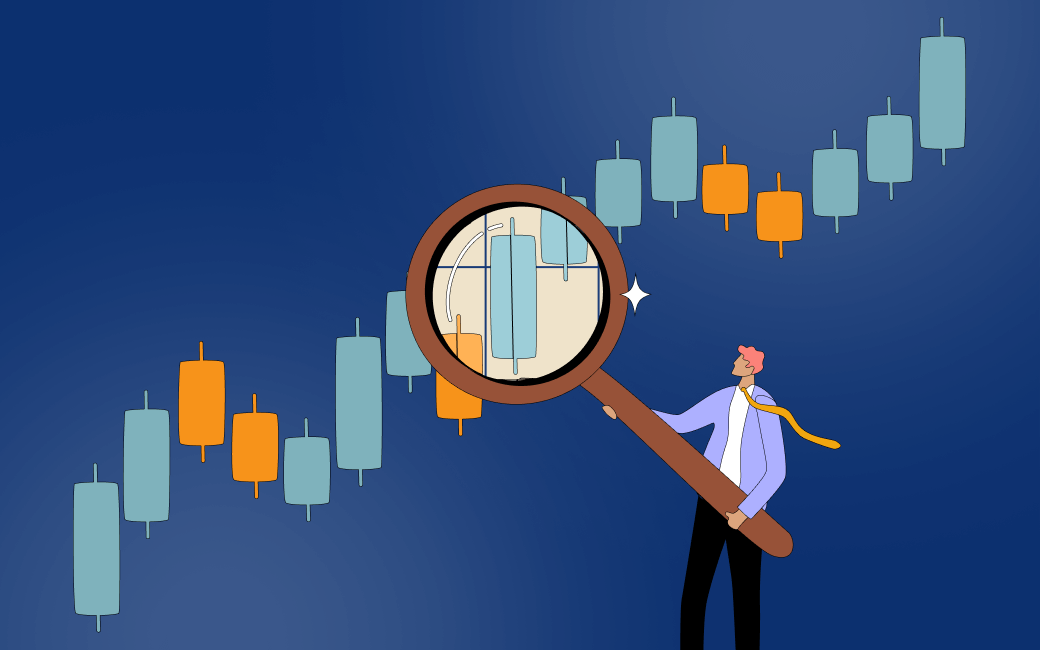Introduction
What is commodity trading, is it worth your while, and which are the best commodities to invest in? It is well worth learning about the commodity market as it could add value to your portfolio.
If commodity trading is new to you, there is plenty of wisdom you can absorb before you start so you can avoid many of the mistakes newbie traders often make. Of course, you will develop and hone your trading strategy, but some practices are relatively universal to successful commodity traders. Finally, there is no point in having a winning strategy or knowing the best commodities to invest in if you don’t have a reputable and reliable broker to invest with.
Commodity Trading Explained: What Is Commodity Trading?

To understand commodity trading, you will first need to know about commodities themselves. A commodity is any basic good that can be traded. There are four main commodity types: metals (gold, silver, copper, etc.), energy (oil, gas, gasoline, etc.), agriculture (wheat, barley, cotton, etc.) and livestock (beef, chicken, fish, etc.). As you can see above, all commodities have an intrinsic value as they satisfy basic living demands across the globe. Because commodities are valuable, on or off trading markets, they can be traded (in their raw form).
Commodity trading has been going on since the dawn of human civilization. Even when exchanging commodities gave way to money, metals such as gold and silver gave money its value. As always, commodities are a relatively stable investment because, although the demand fluctuates, they will always be there. Compare the levels of demand for the commodity market to the cryptocurrency or technology sector, and you will soon see the difference.
Why Should I Trade Commodities?

While crypto and tech companies rise and fall overnight, the world won’t suddenly stop wanting copper, wool, or rice. Therefore, one immediate advantage of investing in commodities is to diversify and secure a portion of a trader’s portfolio. Two of the most popular ways to invest in commodities are options and futures contracts. Derivative trades provide additional security on your investment. ETFs (“exchange-traded funds”) are another way many traders interact with the commodity market as ETFs can track hundreds of commodities, thereby adding further strength and stability to your position.
Just because a commodity will (nearly always) have a value, it doesn’t mean that value doesn’t change; commodities can be volatile! Commodities are roughly three times more volatile than forex currencies and 30 – 40% more volatile than the stock market. Gold is one of the most famously reliable stores of value. If you look at its price data over the last 20 years, however, you can see the price has risen from around $450 to over $1800, which is more than triple.
The commodities market can make an excellent long-term investment and help diversify your portfolio. Commodities can also be volatile, which is a money-making opportunity for some, especially if you know the market’s cycles and research its influencers. Read on to learn some essential tips and tricks to help you profit from commodities!
Commodity Trading For Beginners: Top Five Tips
1. Look for commodity cycles
One significant advantage of investing in commodities is the cyclical nature of their markets. If you follow the trends in the commodities market, you will have a greater chance of success than the stock market. Since 1970, commodities have followed a four-part pattern: shock, correction, expansion and capitulation. Since 2016, we have been in the “capitulation” phase, which means the market is undergoing a significant correction. It may not be long until we see the year on year rises of the initial “shock” phase again!
2. Trade according to volatility
Different commodities have differing volatility. By learning the differences in volatility, you can invest accordingly. Let’s say gold is 20% more volatile than oil. Knowing this, you can reduce the size of your investment by 20% to reduce your risk level (or increase it if you prefer). Whether you are seeking volatility or avoiding it, learning the relative amounts of volatility within the commodities market will help you make an informed decision.
3. Research the commodity market influences
There are four significant influences behind price changes in the commodities market: currency rates, inflation, global data, and supply and demand. By keeping track of these influencers, also known as fundamental indicators, you will gain a better sense of the market’s future price movement. Technical indicators, namely charting software, will also help you create an informed commodity price prediction.
4. Keep calm and follow your plan
Don’t let emotions get the better of you in trading. Often acting against feelings of fear and greed bring the best results. In the trading world, there is a famous saying, “sell when others are greedy and buy when others are fearful”. The best option is to create a trading plan (which you adapt according to success and losses) and stick to it. A calm and detached mindset with an evidence-based plan of action is the most effective approach in the long run.
5. Set stop-losses
Setting stop-losses (and take-profits) doesn’t just apply to the commodities market, but it is worth reaffirming the importance of doing this. It is challenging to follow any trading plan, as mentioned above, without using stop-losses. Losses are a part of trading, but by carefully choosing your stop-losses, you can remain profitable overall. Most successful traders will tell you that stop-losses put you in better control of your portfolio. Proper planning and preparation prevent poor performance!
Which Commodities Should I Invest In?
Two simple ways to invest in commodities are choosing individual commodities to purchase (or setting up a derivative contract) or buying into an ETF (exchange-traded fund), including a basket of commodities. If you prefer to buy them separately, some of the most popular commodities to invest in are gold, silver, crude oil, gas, copper, iron, steel, coffee, soybeans, and corn. Before investing in any commodity or ETF, ensure you have applied both technical and fundamental analysis. Finding the right trading platform to invest with can also make a huge difference in your success and profitability chances.
What Is The Best Commodity Trading Platform?
There are many commodity trading platforms to choose from nowadays, and they are becoming more and more accessible as brokerages move online. The difficulty is separating the wheat from the chaff, and, first and foremost, your broker should be reputable, responsible, and reliable. Low trading costs, an extensive range of commodities and other asset types, and all the necessary trading features and functionality are the next areas to add to your checklist.
Our online broker, “TradeOr”, is one such solution that ticks every box and more. TradeOr is a well-known, trustworthy, and efficient brokerage with plenty of commodities and extensive features. We also have several trading options, including high leverage rates with our CFDs (“contracts for differences”). We are confident TradeOr can provide you with the trading experience you are seeking and, if you have any questions, please do not hesitate to contact our customer support team.
Conclusion
There are many commodity trading platforms to choose from nowadays, and they are becoming more and more accessible as brokerages move online. The difficulty is separating the wheat from the chaff, and, first and foremost, your broker should be reputable, responsible, and reliable. Low trading costs, an extensive range of commodities and other asset types, and all the necessary trading features and functionality are the next areas to add to your checklist.
Our online broker, “TradeOr”, is one such solution that ticks every box and more. TradeOr is a well-known, trustworthy, and efficient brokerage with plenty of commodities and extensive features. We also have several trading options, including high leverage rates with our CFDs (“contracts for differences”). We are confident TradeOr can provide you with the trading experience you are seeking and, if you have any questions, please do not hesitate to contact our customer support team.
FAQ
- What is commodity trading?
Commodity trading is the oldest form of trading, predating the stock market by tens of thousands of years! A commodity is any basic good you can trade, such as cotton, wheat, or gold. Commodities have an inherent value as they have a direct purpose instead of cryptocurrencies whose value is investor-driven. Commodities are somewhat protected by their timeless demand, but the market is more volatile than the stock market or forex
- What are the different types of commodities?
There are four major commodity types: metals (gold, silver, copper, etc.), energy (oil, gas, gasoline, etc.), agriculture (wheat, barley, cotton, etc.) and livestock (beef, chicken, fish, etc.)
- How do you trade commodities?
There are many ways to trade commodities. The most popular trade types are derivative bets, such as options and futures contracts, ETFs (exchange-traded funds) and CFDs (contracts for difference). You can also purchase commodities individually, and some of the most popular to invest in are gold, silver, crude oil, gas, copper, iron, steel, coffee, soybeans, and corn.
- Why should you trade commodities?
Commodities offer many trading advantages. Diversification and volatility are two of the biggest positives of commodities trading. Commodities also tend to follow a cyclical price pattern, which can make predicting their price movement much easier than the stock market.
- Which is the best commodity trading platform?
We hope you consider our trading platform, TradeOr, in your search for the best commodity trading broker. We have many essential commodity trading features (such as stop-losses and take-profits), a fantastic range of marketplaces, trading software and charting tools, as well as competitive fees and high leverage rates on CFD trades. Please don't hesitate to contact our friendly and responsive customer service team if you have any questions.
